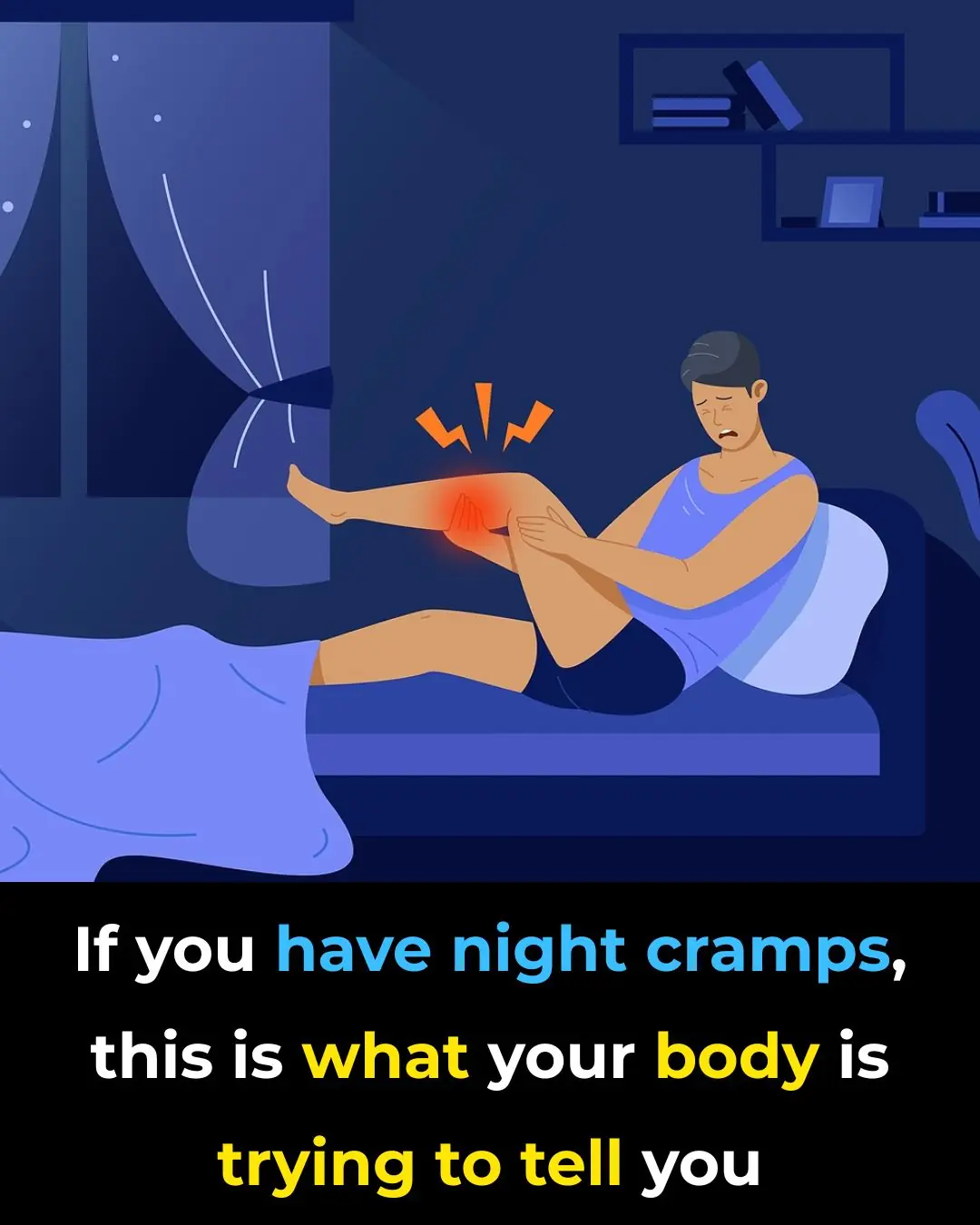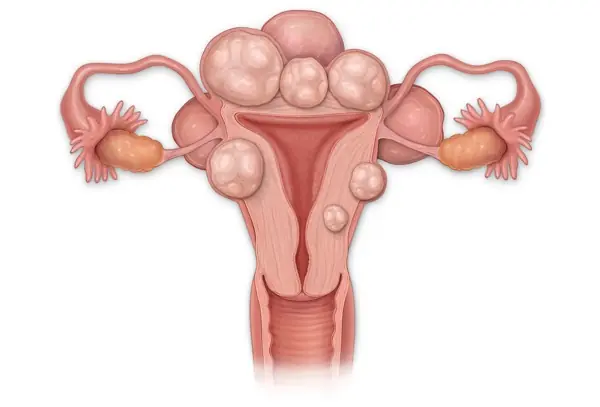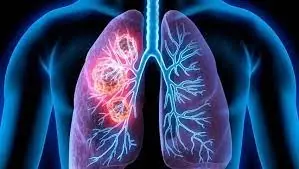
14 Warning Signs Your Body Is Running Low on Magnesium and How to Get It
Magnesium is one of the most essential minerals in the human body, playing a critical role in over 300 biochemical processes, including muscle function, nerve transmission, energy production, and the maintenance of strong bones. Despite its importance, magnesium deficiency is quite common, with a significant portion of the population not getting enough from their diets. In this article, we will explore 14 warning signs that your body may be low on magnesium, as well as the ways to replenish this vital mineral.
1. Muscle Cramps and Twitches
Magnesium helps regulate muscle function by supporting nerve and muscle communication. When magnesium levels are low, you may experience muscle cramps, spasms, or twitches, particularly in the legs, feet, and hands. These can be especially noticeable at night.
2. Fatigue
If you often feel tired or sluggish, even after a full night's sleep, magnesium deficiency could be the culprit. This mineral is involved in energy production within cells, and without it, your body may struggle to produce the energy it needs to function optimally.
3. Insomnia
Magnesium plays a key role in regulating neurotransmitters that help the body relax and prepare for sleep. Low magnesium levels can lead to difficulty falling asleep or staying asleep, contributing to insomnia and poor-quality rest.
4. Anxiety and Stress
Magnesium has a calming effect on the nervous system. A deficiency in magnesium may result in increased feelings of anxiety, irritability, and stress. This is because magnesium helps regulate the production of certain neurotransmitters that control mood and relaxation.
5. Weak Bones
Magnesium works in tandem with calcium to maintain bone strength and structure. When your body lacks magnesium, it can lead to weaker bones and an increased risk of fractures and osteoporosis.
6. Heart Palpitations
Magnesium is crucial for maintaining a normal heart rhythm. A deficiency can cause irregular heartbeats, or palpitations, which may feel like your heart is racing or fluttering. In some cases, this can be a sign of a more serious heart condition.
7. High Blood Pressure
Magnesium helps regulate blood pressure by relaxing the blood vessels. When magnesium levels are low, the blood vessels may tighten, leading to increased blood pressure. Low magnesium has been linked to hypertension, a condition that can increase the risk of heart disease and stroke.
8. Migraines
Magnesium deficiency has been linked to an increased frequency of migraines and headaches. This is because magnesium plays a role in regulating neurotransmitters and blood vessel function in the brain. People with low magnesium levels may experience more severe and frequent migraines.
9. Nausea and Vomiting
One of the physical signs of magnesium deficiency is nausea and vomiting. These symptoms may occur as a result of muscle cramps, dehydration, or a general imbalance in your body's electrolytes due to low magnesium.
10. Constipation
Magnesium helps regulate bowel movements by relaxing the muscles of the intestines. A lack of magnesium can result in constipation, making it difficult to pass stools and causing discomfort in the digestive system.
11. Osteoporosis
Osteoporosis, a condition characterized by brittle and weak bones, can be exacerbated by low magnesium levels. Magnesium helps regulate calcium absorption, and without adequate magnesium, the body may not absorb calcium effectively, leading to bone density loss.
12. Decreased Appetite
A magnesium deficiency may lead to a loss of appetite. This is because the mineral plays a key role in regulating your body's hunger signals and digestion. When magnesium levels are low, the body may not signal hunger properly, leading to reduced food intake.
13. Tingling or Numbness
Magnesium is essential for nerve function. Low levels of magnesium can result in feelings of tingling or numbness, particularly in the extremities, such as the hands and feet. This can be a sign that your nervous system is not functioning properly due to the lack of magnesium.
14. Mood Swings and Depression
Magnesium affects the production of serotonin, a neurotransmitter responsible for regulating mood. Without enough magnesium, serotonin levels can drop, leading to feelings of sadness, mood swings, and even depression.
How to Get Magnesium
To prevent or address magnesium deficiency, it is essential to incorporate magnesium-rich foods into your diet. Some excellent sources of magnesium include:
-
Leafy Greens: Spinach, kale, and other leafy vegetables are rich in magnesium.
-
Nuts and Seeds: Almonds, cashews, and pumpkin seeds are all great sources.
-
Whole Grains: Brown rice, quinoa, and oats contain high levels of magnesium.
-
Legumes: Beans, lentils, and peas are excellent plant-based sources.
-
Avocados: This creamy fruit is not only delicious but packed with magnesium.
-
Dark Chocolate: Choose chocolate with at least 70% cocoa for a healthy treat rich in magnesium.
In addition to dietary changes, magnesium supplements are available for those who need a higher intake. However, it is always a good idea to consult with a healthcare provider before starting supplements.
Conclusion
Magnesium is an essential nutrient that supports many functions in the body. If you are experiencing any of the above symptoms, it might be worth checking your magnesium levels and considering dietary changes or supplements to address a potential deficiency. Maintaining balanced magnesium levels can help you feel your best and support your overall health.
News in the same category


The Silent Threat: Recognizing Early Signs of Kidney Disease and Lifestyle Prevention

Baking Soda (Bicarbonate of Soda): Uses and Benefits (Science Based)

Benefits of Walking: Why Walking is One of the Best Forms of Exercise 🚶♀️

If you have leg cramps at night, it means you have..

Sarcopenia: Why do we lose muscle and how to fix it?

Top 11 Nutrients To Destroy Cancer Stem Cells

Thinking of drinking baking soda? Read this first for the truth!

Forget aspirin—this everyday fruit can help protect you from stroke and heart attack

8 Sh0cking Toilet Clues That Could Signal Canc3r: Don’t Ignore Them!

7 Early Signs of Uterine Fibroids Too Many Women Ignore

7 Early Signs and Symptoms of Lung Cancer You Should Never Ignore

High Blood Sugar Warning Signs

Eat 2 Eggs Every Morning and Feel These Powerful Health Effects Take Over Your Body

Avocado Power: The Scientifically Proven Health Benefits of the Fruit (and the Seed!)

One Vitamin That Could Transform Your Circulation: Niacin (Vitamin B3)

Body Suddenly Jerks While You’re Falling Asleep? This Is What It Means

pH Balance and Your Health: Signs of Acidosis and How to Alkalize

Pineapple And Turmeric Drink Reverses Cancer-Causing Inflammation And Even Beats The Common Cold!
News Post

Jennifer Hudson Champions Musical Inclusivity Amid Super Bowl Language Debate

Jennifer Hudson Cheers on Bad Bunny’s Super Bowl Swagger — and Starts Learning Spanish Herself

Charli XCX shares cryptic video after Taylor Swift’s ‘Actually Romantic’ diss

NY authorities clamp down on liquor store openings citywide as booze demand plummets

Desperate rescue effort underway to save hundreds of hikers stuck on Mount Everest after snowstorm

Six signs you may be a functioning alcoholic according to doctor

Pineapple Water: A Refreshing Drink That Supports Your Health

The Silent Threat: Recognizing Early Signs of Kidney Disease and Lifestyle Prevention

A Heartwarming Encounter: A Child’s Innocence and the Power of Love.

The Stranger Who Stopped: How One Man’s Compassion Saved a Life on a Busy Georgia Road

Baking Soda (Bicarbonate of Soda): Uses and Benefits (Science Based)

A Father’s Day Gift Like No Other: A Daughter’s Kidney, A Father’s Second Chance

Benefits of Walking: Why Walking is One of the Best Forms of Exercise 🚶♀️

Maliyah’s Fight: A Fifteen-Year-Old Cheerleader Battling Stage 4 Cancer With Courage and Faith

No Cake, No Balloons: A Firefighter’s Quiet Birthday of Purpose and Service

Orangutan Secretly Watches Over Woman During Jungle Survival Challenge

“The Stranger on a Plane: How One Man’s Kindness Gave a Mother the Gift of Rest”

A Little Fighter’s Final Victory: Remembering Bryson’s 1,027-Day Battle

A Match Made in Dog Heaven: A Toddler and Her Puppy Who Share a Special Bond
